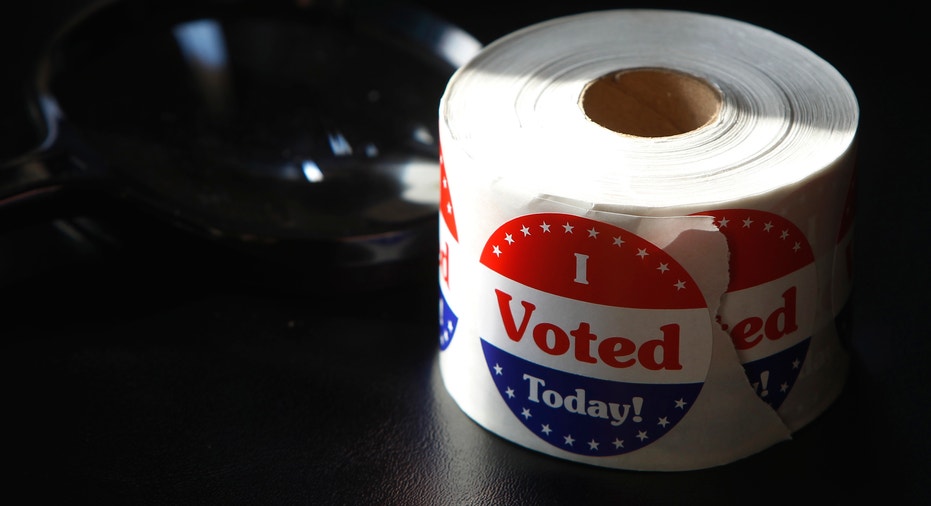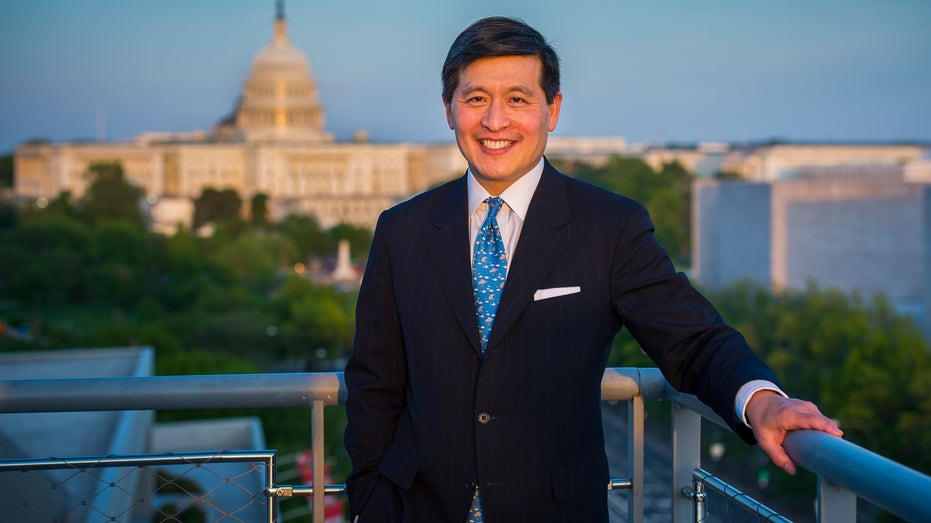Can the GOP Win the Asian Vote in November?

After leaning solidly to the left since George W. Bush was president, the Asian vote for the 2016 election is up for grabs.
The group swung to the right for the 2014 midterms, but that shift isn’t a given that they’ll go Republican in November.
Asians make up 5.8% of the American population according to the Pew Research Center. They boast the highest income of any ethnic group, are the fastest growing ethnic group in the U.S. and the best educated. The Asian demographic in the U.S. is composed primarily of Chinese, Japanese, Korean, Indian, Filipino and Vietnamese individuals.
One of the most puzzling factors about Asian Americans is that their higher average incomes should make them more likely to lean right, (which they did in 1996 for Dole versus Clinton) but over the last decade the group has voted solidly blue.
But a slew of factors pushed them to the left including anti-immigration rhetoric from the right. Just this cycle alone, Jeb Bush angered Chinese Americans when he said that Chinese women travel to America for maternity tourism, and Trump has launched a vigorous verbal tirade against China. The Democrats have employed the tactic of presenting themselves as the party of inclusion to win over the Asian vote. Currently, the majority of Asian politicians are Democrats.
“There’s a feeling among Asian Americans that neither party has really treated them with the seriousness and engagement that a lot of other groups have gotten in the U.S. political process” says John Ying, chairman of the Asian Republican Coaltion and the founder and managing director of Peak Capital.
There’s no shortage of big time donors to the GOP of Asian heritage. Michael Chae, the CFO of Blackstone (NYSE:BX), donated $150,000 in this election cycle to the Jeb Bush Super PAC, Right to Rise according to Federal Election Center (FEC) records. Through a spokeswoman, Chae declined to comment to FOXBusiness.com.

Ying as well supported Bush's campaign with $20,000 to Right to Rise. Indian American pharmaceutical billionaire John Kapoor, the founder and executive chairman of Insys Therapeutics (NASDAQ:INSY), has been a lifelong Republican, supporting John McCain in the 2008 election, but hasn’t yet financially backed anyone this cycle, according to FEC records.
Recently, Chicago businessman and CEO of AVG Advanced Technologies Shalabh ‘Shalli’ Kumar launched the Republican Hindu Coalition, (a sister organization to the Republican Jewish Coalition) personally investing $2 million to back Republican candidates this election cycle.
And Panda Express, arguably the most recognizable Chinese food chain in the country, was founded by two Republicans, Andrew and Peggy Cherng. The two supported Romney’s 2012 campaign and most recently Andrew donated $2,700 to Jeb Bush.
After the 2014 midterm shakeup, both Democrats and Republicans are fighting for the Asian vote. Democrats are making sure that voters hear anti-Asian rhetoric from the GOP side, while the RNC launched the Republican Leadership Initiative, recruiting Asian and Pacific Islanders to volunteer as field and community organizers.
Ying says that the GOP needs to reach out aggressively to the Asian community and learn what the key issues are for the group.
And as the candidates duke it out over the black and Hispanic vote, Ying forewarns that despite Asians being a small portion of the electorate today, as the Asian population grows rapidly, both parties need to act quickly to win over their vote and earn their loyalty. “This is going to be the swing vote that will perhaps drive a lot of critical races in this country” says Ying.



















